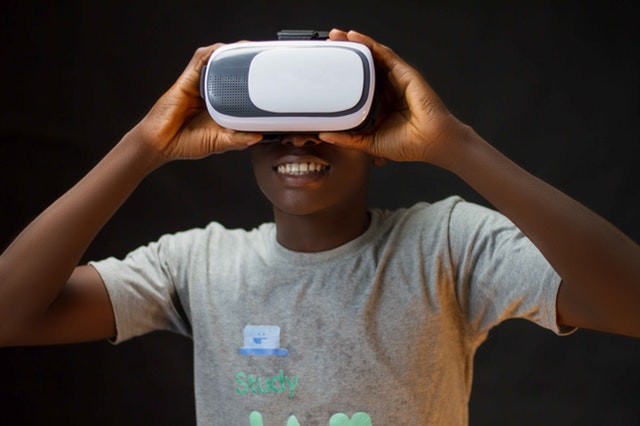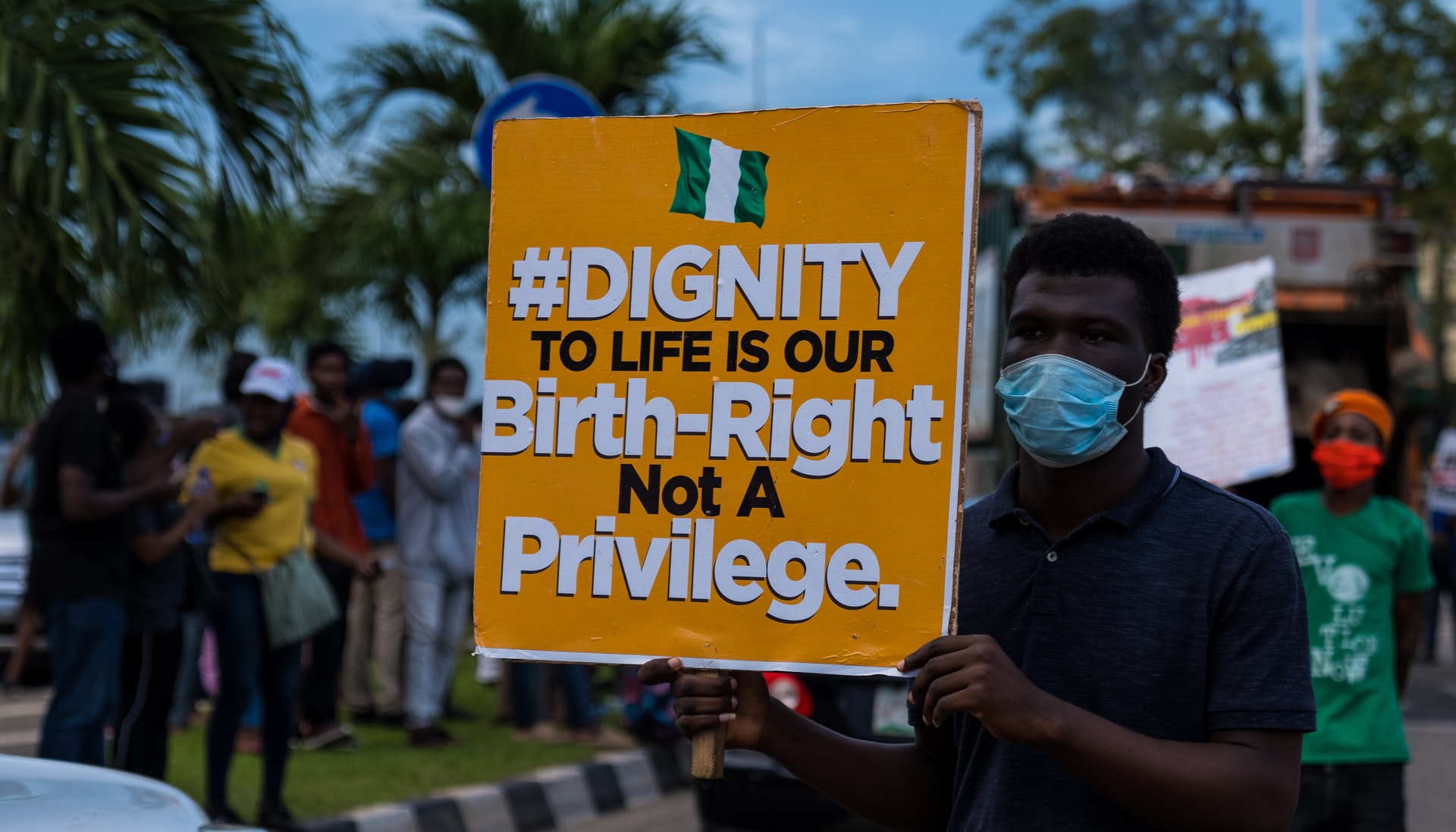For every bad rep the African continent gets in terms of its politics, infrastructure shortcomings and poor socioeconomic systems, its technology industry gets a double dose of the opposite.
From a gamut of technology startups innovating for some of the continent’s dire infrastructure challenges to a constantly growing community of hubs and enabling programmes, even the amount of funding constantly coming into the sector is enough indication that the global tech industry is placing a huge bet on the continent.
“We are at the edge of another kind of technology frontier, and this time around, it is not happening in San Francisco, it is taking place in Africa,” Omoju Miller, Machine Learning Engineer at GitHub told her audience at the Fortune Brainstorm Tech conference in July last year.
In 2015, the African startup ecosystem cumulatively secured US$185 million in venture capital funding. By 2019, this amount had more than tripled to US$1.3 billion, according to WeeTracker.
Partech Africa’s funding report for the same period puts this figure at US$2.02 billion secured through at least 250 rounds of equity investment above $200,000 and involving 234 startups.
These investors have not been let down for the most part. Africa continues to boast of many startup success stories across many sectors from fintech to healthcare with many of these startups concentrated in Nigeria, Kenya, South Africa and more recently Egypt.
And while in a lot of locations, governments continue to prefer counterproductive policies that frustrate the efforts of the industry’s stakeholders, in many locations across the continent, governments are sitting up and paying attention to how technology development and innovation can contribute even more immensely to economic growth and sustainability.
While these technologies are gaining a lot of traction, there is still largely some hesitancy and a lot of knowledge gap combined with infrastructure deficits that has caused the continent to trail behind in this field. But still, a lot of work is already ongoing particularly in bridging the knowledge and research gap which are very critical aspects in the advancement of these technologies.
Research and bridging the knowledge gap
AISaturdays is a global peer-to-peer learning program for Artificial Intelligence that has launched in over 60 cities including Nairobi and Lagos.
For 16 consecutive Saturdays, young men and women converge to learn and grow their skills, understand the use cases of AI as well as conduct research projects that contribute to the advancement of the field in their localities.
“When Africans see how much the world is solving with these advanced tools and how these solutions can be tailored to our context, they will be equipped with the skills necessary to apply these technologies in solving these problems,” AISaturdays Lagos co-organiser Tejumade Afonja told TechCabal last year about the relevance of the programme.
There is also Data Science Nigeria, a 2016 not-for-profit founded by Dr. Bayo Adekanmbi gearing up to train 1 million individuals in the fields of Artificial Intelligence and Machine Learning across the continent in 10 years.
In the Augmented/Virtual Reality fields, Imisi 3D Lab, owned by Judith Okonkwo continues to fill the gap in training and helping young individuals (and older ones as well through Co-Creation Hub’s DIGnified programme for elderlies) experience this technology, learn their use cases and explore possibilities.
However, issues of funding, lack of resource personnel and accessibility to global research opportunities still present hindrances to the exponential growth of this field.
Last year, Google launched its first African AI research lab in Ghana yet African researchers are still missing out on very important emerging technology and research gatherings due to visa and immigration issues. This year already, the US has announced a travel visa ban that now includes Nigeria, Africa’s largest technology hub. The effects could be far reaching if not reversed.
Innovation and existing startups
Despite all the challenges, African innovators are still building solutions using these technologies and finding use cases across various sectors from healthcare to finance and agriculture. Buycoins, a cryptocurrency platform, has created an avenue for Nigeiran to receive value and trade in Bitcoin and Ethereum using their local currency.
Ubenwa, a healthtech startup is using machine learning to help prevent asphyxia-related infant mortalities. Agritech companies like Agrix Tech in Cameroon, Shamba Records in Kenya are using blockchain technology, artificial intelligence and machine learning to reduce agricultural losses from pests, increase yield and improve oversight operations for farmers. An AI system developed by Data Science Nigeria can track participation using facial scanning tools and help teachers and guardians track school performance of their students and wards. In logistics, IoT tools and AI are improving the ways goods and people are moved from one place to another through companies like Kobo360, Lori Systems and TMX Global.
The use cases continue to grow and startups continue to innovate around these areas.
The technology industry on the continent has shown its ability to quickly innovate, attract investor interest and contribute significantly to the continent’s economy. Nevertheless, for it to truly become the next frontier for emerging technologies, there is a lot more that needs to go into education and research, particularly, as well as policy development and regulation to scale and consolidate ongoing efforts in the emerging technologies space.
Find out more about how artificial intelligence & machine learning is changing how Africans live and do business. Join entrepreneurs, innovators, investors and policymakers in Africa’s AI community at TechCabal’s emerging tech townhall. At the event, stakeholders including telcos and financial institutions will examine how businesses, individuals and countries across the continent can maximize the benefits of emerging technologies, specifically AI and Blockchain. Learn more about the event and get your tickets here.





















